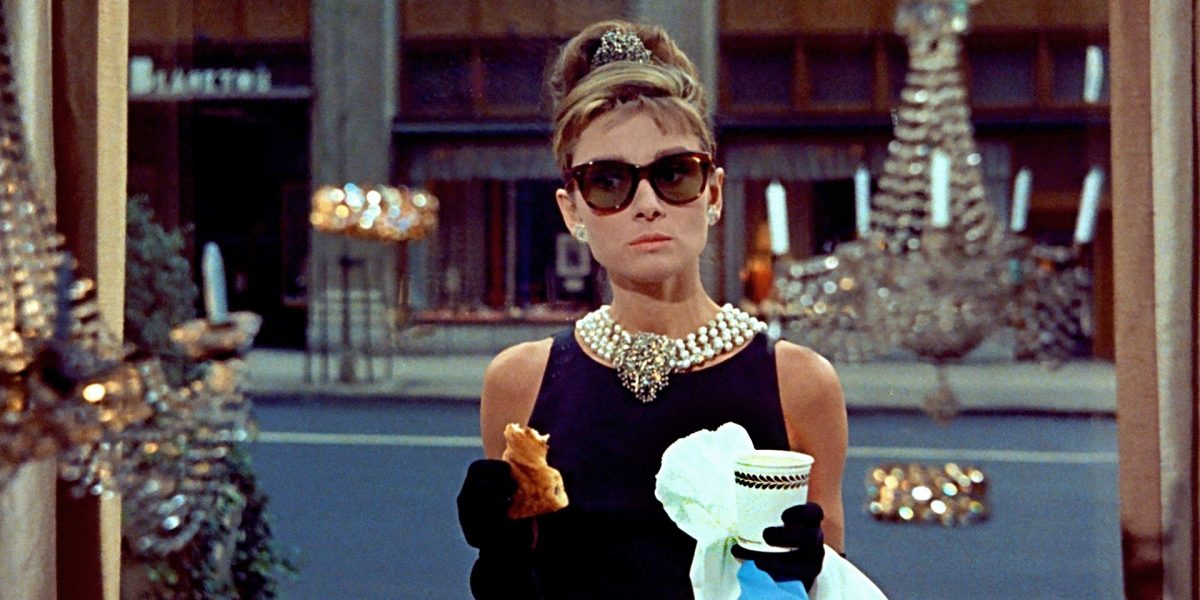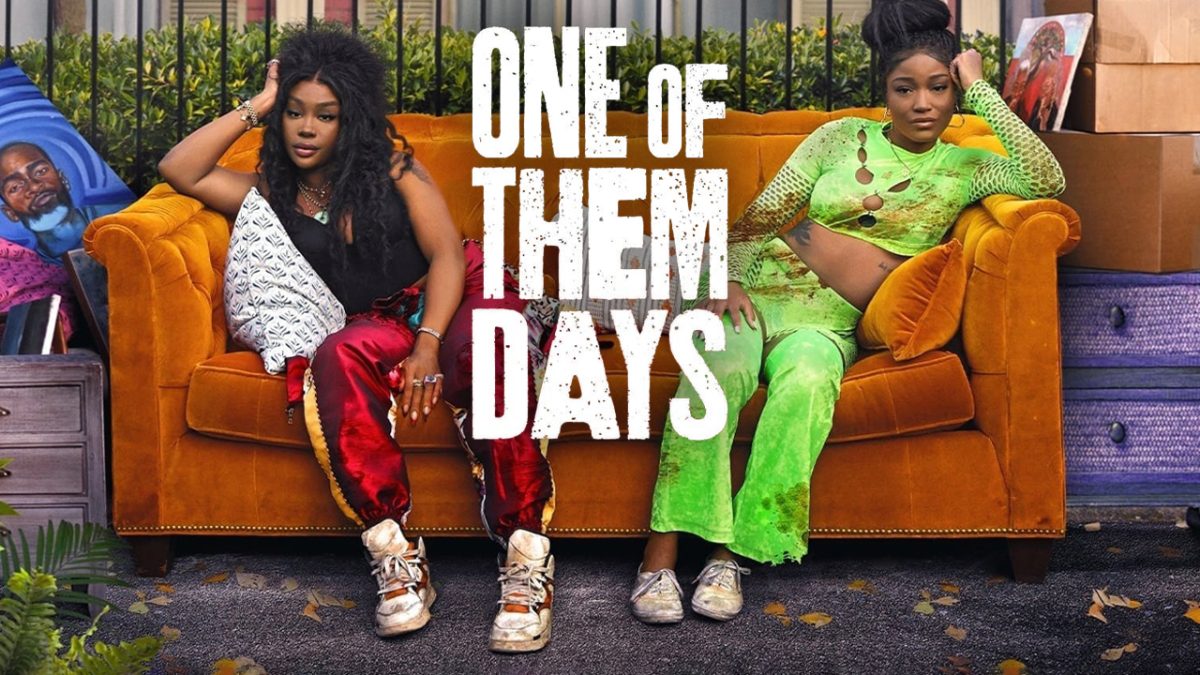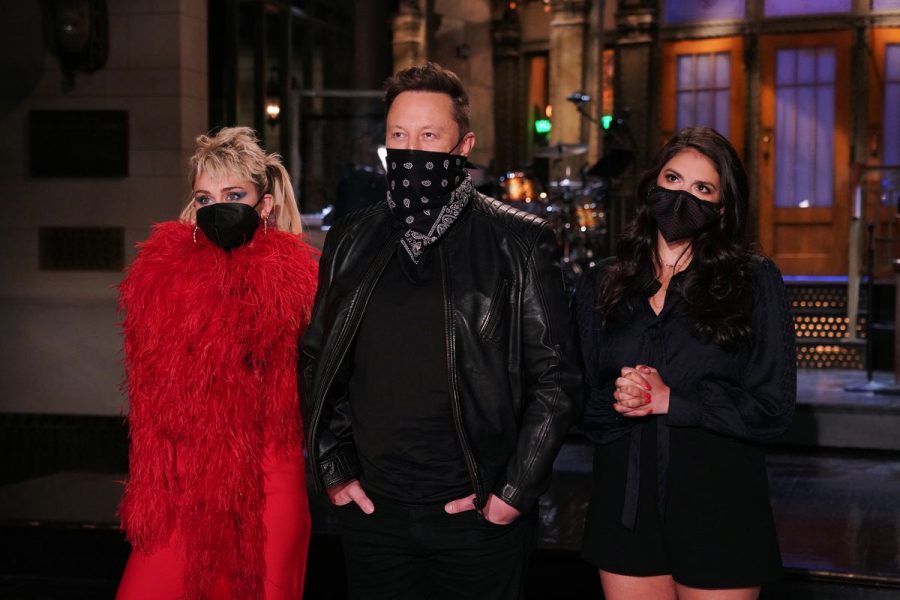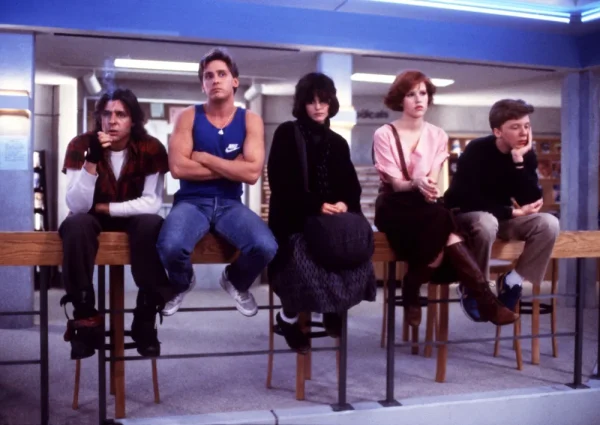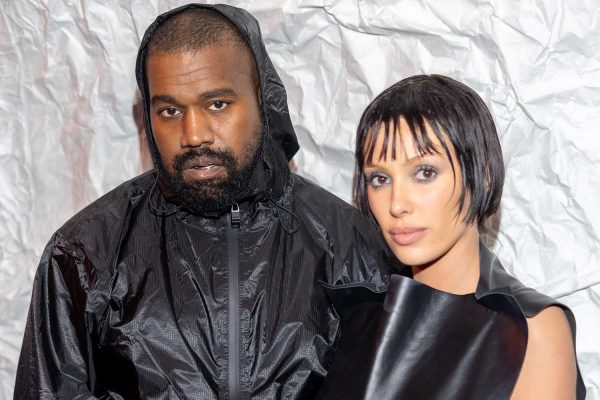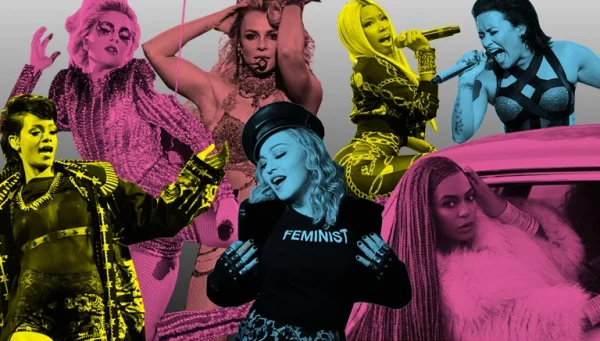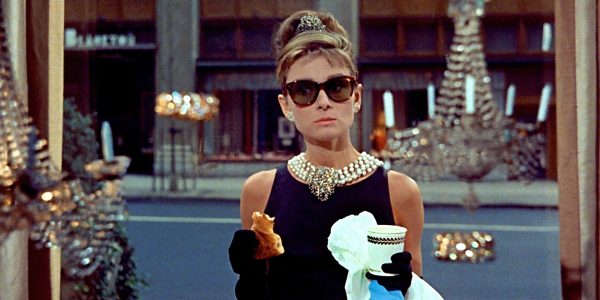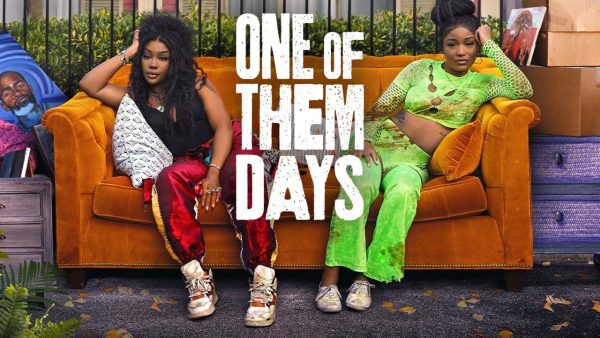Elon’s World: Why Crypto and Comedy Don’t Mix
As season 46 of Saturday Night Live comes to a close, it’s important to discuss one of the most controversial and watched episodes of the season– Elon Musk. Raking in over 7.3 million viewers, the CEO of Tesla Motors and SpaceX surprised the world with his choice to explore comedy.
Among all of the hype surrounding this episode, money was also at stake. Musk often tweets about the cryptocurrency Dogecoin and called himself “The Dogefather” in his SNL announcement tweet. Although the currency was created in 2013, its recent surge is correlated to Musk’s endorsement. When the episode began, Dogecoin was selling for 70 cents, but then fell to 49 cents. Many invested in the currency with the expectation of the prices soaring, but the sharp decrease in stock indicated how unfunny the episode was to people.
The episode began with a nontraditional “Mother’s Day Message Cold Open,” where musical guest Miley Cyrus sang as cast members cracked jokes with their mothers. Some of the funniest moments came from Pete Davidson’s mother, Amy, who said she was “up ‘till six playing Madden with (Timothee) Chalamet.” During his monologue, Musk incorrectly announced that he was the first person with Aspergers, more appropriately known as Autism Spectrum Disorder, to host SNL. However, Dan Aykroyd hosted on May 17th, 2003, also known as the co-writer and star of the classic 80s film Ghostbusters.
I will not go into detail about each sketch, both for the sake of your time and because it was not a strong episode. Instead, we’ll discuss the lowlight of the show. The worst sketch of the night was “Gen Z Hospital,” inspired by the soap opera General Hospital where a friend group (Kate McKinnon, Mikey Day, Heidi Gardner, Ego Nwodim, Bowen Yang) tensely wait for updates on an injured patient.
To summarize the public reaction to the sketch, it can be best described by the top comment of the sketch’s YouTube video. A user named Nima said, “I cannot believe no one stopped this from being filmed, edited, and released on LIVE TV.”
The aforementioned friend group was dressed in colored wigs, fanny packs, baggy clothes, and bright patterns, all of which are generally accurate for Gen Z style. They used popular slang words like; bestie, bro, pressed, deada–, catch hands, on the gang, the tea, and for me. From an older person’s point of view, these may seem just to be confusing slang words, but in reality, they originate from the LGBTQ+ and Black community.
Most of the words were forms of African American Vernacular English, also known as AAVE. AAVE is the common linguistic practice of the African American community, which is often appropriated by young people on the social media app Tik Tok. To many non-black people, it may just come off as another fun word to add to their vocabulary, but rather it is related to the specific culture and experience of Black people. When the origins of words are misunderstood or erased, it can lead to appropriation and sometimes making fun of culture.
The sketch was written by co-anchor on Weekend Update and co-head writer Micheal Che, a Black man who did not expect the negative backlash. Che said, “Look, the sketch bombed. I’m used to that… I meant no offense to the ‘AAVE’ community. I love AAVE. AAVE to the moon,”













































